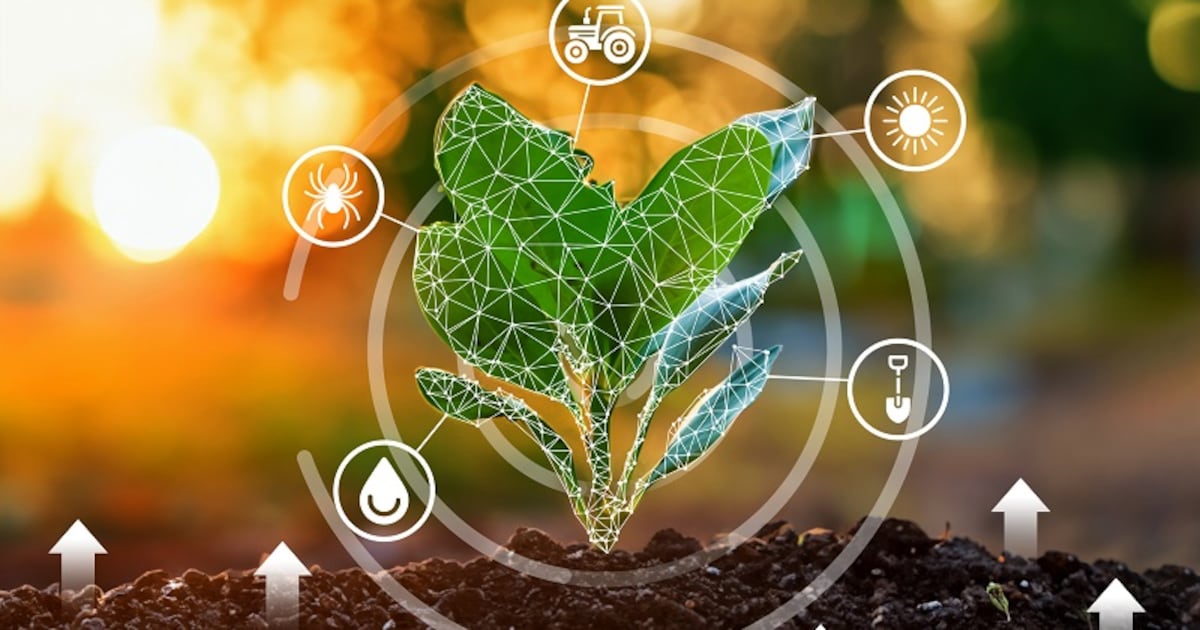Key Takeaways
- AI is revolutionizing agriculture by enhancing efficiency and improving yields through advanced data analysis.
- BASF and Solinftec are leading the way, utilizing AI to optimize resource use and reduce fertilizer while increasing productivity.
- Educating farmers about AI technology is essential for maximizing its benefits in food production, especially as global population increases.
Impact of AI on Agriculture
Artificial Intelligence (AI) is transforming the agricultural landscape by providing actionable insights and enhancing productivity. At the recent 2025 World Agri-Tech South America Summit in São Paulo, industry experts discussed the significant advancements driven by AI technology in farming practices.
BASF, a multinational chemical company, has been at the forefront of this transformation. Almir Araujo Silva, BASF’s director for digital initiatives in Latin America, highlighted that AI is reshaping the agricultural supply chain. It is utilized across various sectors, including research and development and marketing, to create personalized offers. The integration of AI is not only about enhancing customer support but also about generating new revenue streams for growers.
In 2018, BASF acquired Xarvio, a digital farming tool initially developed by Bayer, designed to help farmers optimize input usage and manage weeds effectively. Over the years, BASF has expanded Xarvio’s functionalities, providing field-specific insights that improve yields in fruit and vegetable farms across Europe. Noteworthy results include an 80-90% boost in resource optimization and a 2-5% increase in yields for users of their AI technologies.
Another key player, Solinftec, combines AI with robotics in precision agriculture. CFO Laís Braido explained that their innovations help reduce fertilizer application, benefiting soil health and ultimately leading to higher yields. Solinftec’s solutions also offer insights into plant and soil health, advancing large-scale phenotyping and the application of biological treatments.
Despite the advantages offered by AI technologies, reaching farmers remains a challenge. Anderson Rocha, a full professor and researcher at the University of Campinas, stressed the need for education about the availability and potential of these technologies. Highlighting the pressing global food challenge, Rocha emphasized that with a growing population approaching 9 billion, leveraging technology is essential to increase food production sustainably.
Overall, AI’s ability to streamline agricultural processes and enhance productivity presents a promising future for farming, but it is crucial to ensure that farmers are well-informed and equipped to integrate these advancements into their practices.
The content above is a summary. For more details, see the source article.















